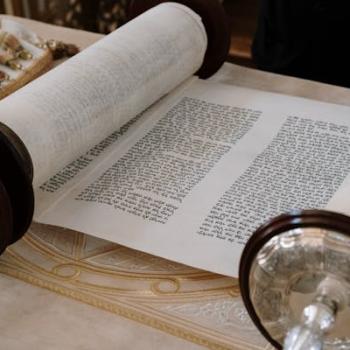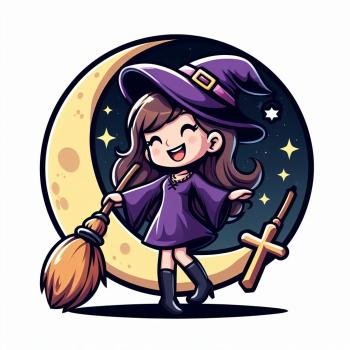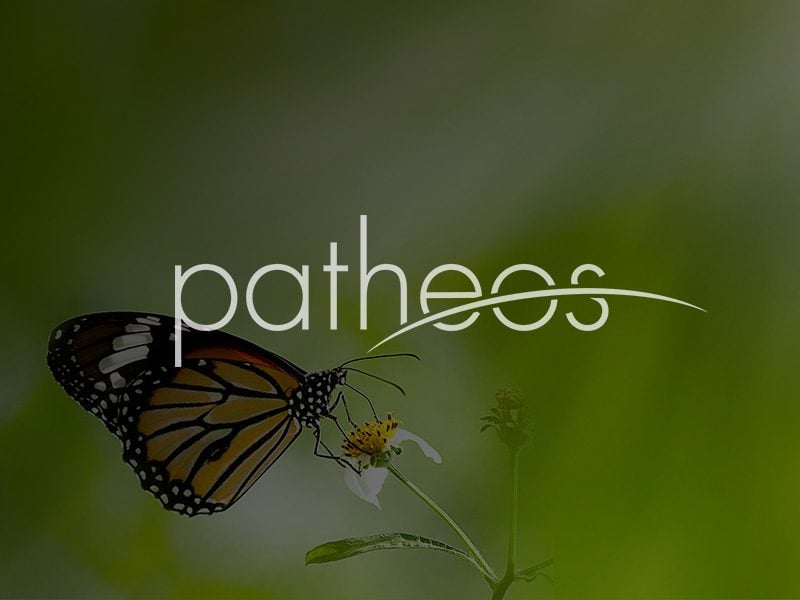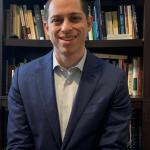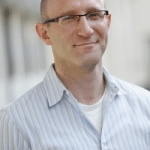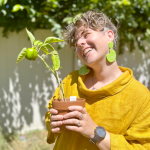Noted sociologist Arlie Russell Hochschild argues in her recent book The Outsourced Self that we seek professionals for more and more of our personal decisions. She writes:
As we outsource more of our private lives, we find it increasingly possible to outsource emotional attachment…. Focusing attention on the destination, we detach ourselves from the small — potentially meaningful — aspects of experience. Confining our sense of achievement to results, to the moment of purchase, so to speak, we unwittingly lose the pleasure of accomplishment, the joy of connecting to others and possibly, in the process, our faith in ourselves.
Years ago there was no life coaches (or, for that matter, Siri) offering personal direction and advice. To help answer our questions of what we should or should not do there were instead parents, siblings, spouses and friends. Granted sometimes the advice and counsel was not solicited. Still it was always free and offered with our best interests at heart. Advice is part of what good friends are supposed to offer. Counsel is what parents are supposed to provide.
Hundreds of years ago many Jewish rituals were performed in the home and not in the synagogue. The rabbis began to worry. What happens if these rituals are not done properly or not even done at all? And so to be certain that they were expertly observed the lighting of Shabbat candles and morning blessings, to name two examples, were moved into the synagogue. With this move from the home into the synagogue, more fell on the expert hands of rabbis and cantors.
We turn to professionals to lead our rituals and celebrations. We turn to experts for the most intimate of advice. And we forget to turn to those whose greatest, and perhaps only, expertise is their love for us.
Years ago when I went to my first party there was no such thing as party enhancers. My friends and I made the party—or so we thought. Sometimes we did a good job. Others times we did not. (And by the way sometimes we got ourselves into trouble and other times not.) It did not matter if we danced expertly or not, as long as we danced.
We are hesitant to dance if not led by the hand of experts.
In ancient days it was the priests who alone performed our rituals. Only someone descended from Aaron, only a person without any perceived defects could offer a sacrifice. These priests were trained in the intricacies of the sacrificial rites.
The reliance on these experts was because the ancient Israelites believed that the world would collapse if the sacrifices were performed incorrectly. For such important and intricate work only experts would do. The ancients believed that lives depended on their expertise.
There are of course those in today’s Jewish world who view rituals in a similar manner and worry that a misplaced word, an incorrect blessing, forgotten candle lighting might tumble the world toward destruction. Such is not my view. Life is not the same as surgery. It is uneven. It is imperfect. Prayer is not akin to the ancient sacrifices. Rabbis are not priests. Cantors are not the descendants of Aaron. Our spiritual lives should not be left for experts.
And so I would rather we stumble and that we offer these prayers ourselves. I would rather we join with our prayer leaders, and congregations, and sing our tradition’s songs (even if it might be out of key). I would rather we dance—even when it appears out of step. Let joy be our own. Let our people’s rituals and prayers not be left to experts.
Let living our lives not be left to experts. Let our spiritual lives be discovered, and rediscovered, in our own hands.
The Shulchan Aruch, the medieval Jewish law code, affirms: “Better a few prayers spoken with intention than many words prayed without intention.” Focus on the intention rather than the multitude of words.
The intention can always be found in our own hearts. Dancing begins with our own feet.


